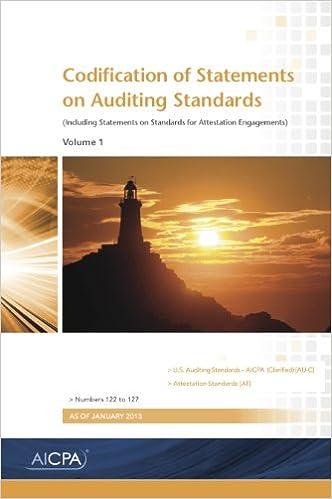Question
After five years with a national CPA firm with mostly large manufacturing clients, Amy Kimbell joined Hi-Quality Productions Inc. (Hi-Q) as manager of Manufacturing Accounting.
After five years with a national CPA firm with mostly large manufacturing clients, Amy Kimbell joined Hi-Quality Productions Inc. (Hi-Q) as manager of Manufacturing Accounting. Amy has both CPA and CMA credentials. Hi-Q is a publicly held company producing automotive components. One operation in the Alpha Division requires a highly automated process. Hi-Qs top management and board of directors had outsourced this particular high-tech operation to another company to avoid making a large investment in technology they viewed as constantly changing. Each operating division of Hi-Q has a budget committee. Two years ago, the Alpha Division budget committee presented to the board its proposal to bring the high-tech operation in house. This would require a capital investment of approximately $4 million but would lead to more than enough cost savings to justify this expenditure. The board approved the proposal, and the investment was made. Later the same year, Amy Kimbell was promoted to assistant corporate controller. In this position, she sits on the budget committee of all divisions. A little more than a year after the high-tech process was put into operation, the board requested a postaudit review of the actual cost savings. When the board requests such a review, the data are supplied by the management of the affected division and are reviewed by the divisions budget committee. When the data were sent to the budget committee for review, Amy Kimbell noted that several of the projections in the original proposal were very aggressive. These included a very high salvage value for the equipment as well as a very long useful life over which cost savings were projected to occur. If more realistic projections had been used, Amy doubted that the board would have agreed to make the investment. Also in the postaudit review, Amy noted that substantial amounts of incremental service department operating costs directly caused by the new investment were not being attributed to the high-tech operation. Instead, these costs were being allocated as general overhead to all departments. In addition, she noted that the estimated rate for spoiled and defective work contained in the proposal was being used in the review rather than the actual rate, which was considerably higher. When Amy Kimbell brought these points to the attention of the divisions budget committee, she was told that as a new member of the committee she would not be held responsible for decisions, such as the investment in the high-tech operation, that were made prior to her arrival. Accordingly, she should let the seasoned members of the committee handle this particular review. When Amy continued to express her concerns, she was firmly informed that it had been the unanimous decision of the committee to approve the original proposal because it was thought to be in the best long-run interest of the company. And given this consensus, it was felt that certain adjustments and exceptions to the postaudit review were justified to ensure the overall long-run well-being of the company. Required: 1. What should Amy do? (Refer to the IMAs Statement of Ethical Professional Practice for guidance.) (detailed summary response ) 2. Do you have any suggestions for revising the way in which post audits are conducted at Hi-Q? ( detalied summary response )
Step by Step Solution
There are 3 Steps involved in it
Step: 1

Get Instant Access to Expert-Tailored Solutions
See step-by-step solutions with expert insights and AI powered tools for academic success
Step: 2

Step: 3

Ace Your Homework with AI
Get the answers you need in no time with our AI-driven, step-by-step assistance
Get Started


